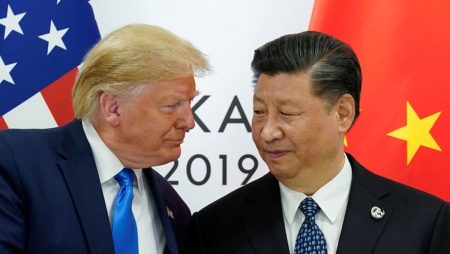Mr. Frazier highlights the inefficiencies stemming from the fragmentation of China’s pension system, where over 2,000 local governments manage pension funds independently. This fragmented approach results in significant administrative costs that could otherwise be minimized through centralization. By reducing the management to a system involving primarily provincial-level pensions, substantial savings in administrative expenses can be achieved. The need for reforms is underscored by the Mercer CFA Institute Global Pension Index 2024, which emphasizes the necessity of increasing support for the most impoverished members of society.
Another suggested improvement to the pension system involves reforming the hukou household registration system. Experts argue that relaxing this system would enhance eligibility and support for migrant workers and individuals from rural areas, thereby increasing their access to pension benefits. In light of these challenges, the current reliance on payroll taxes for pension funding appears increasingly unsustainable, particularly as the workforce diminishes. Ms. Liu points out that avenues for increased contributions are underutilized, such as the lack of a comprehensive property tax and low capital gains taxes within the nation.
Dr. Huang stresses the urgency to implement wider fiscal measures in response to the looming demographic crisis, as it poses a potential fiscal crisis for the government. He stresses the importance of redistributive policies and an overhaul of the taxation system as vital components in tackling these impending challenges effectively. Mr. Frazier proposes a more radical solution by decoupling pensions from employment altogether, advocating for a universal basic pension. He argues that the modern labor landscape, characterized by frequent job changes and varied employment, necessitates a system that guarantees pensions irrespective of employment status.
In addition to these reforms, Mr. Poston suggests that immigration might be the crucial answer to replenish the dwindling labor force and relieve the financial pressures on pension funding. He argues that China’s previous attempts to boost the birth rate have stagnated and will not yield the needed results. However, he also acknowledges the significant challenges ahead, particularly in establishing an active immigration policy in a nation traditionally resistant to large-scale immigration and grappling with societal beliefs regarding racial homogeneity.
The stakes are high for millions of Chinese citizens facing an uncertain future regarding their pension systems. Ms. Long expresses her concerns about the potential insufficiency of pension funds and diminishing service quality by the time she reaches retirement. Despite these anxieties, she holds hope that ongoing governmental and societal efforts will focus on addressing these systemic issues and improving the pension framework to ensure its reliability and sustainability in the long run.
In summary, the various experts underscore the critical need for reforms in China’s pension system, highlighting issues of fragmentation, administrative costs, and funding sustainability. Proposals range from centralization and tax reforms to more radical ideas like a universal basic pension and increased immigration. The path forward is undeniably complex, requiring multifaceted solutions to ensure reliable pension support for future generations, all while addressing demographic shifts and evolving labor market dynamics.










